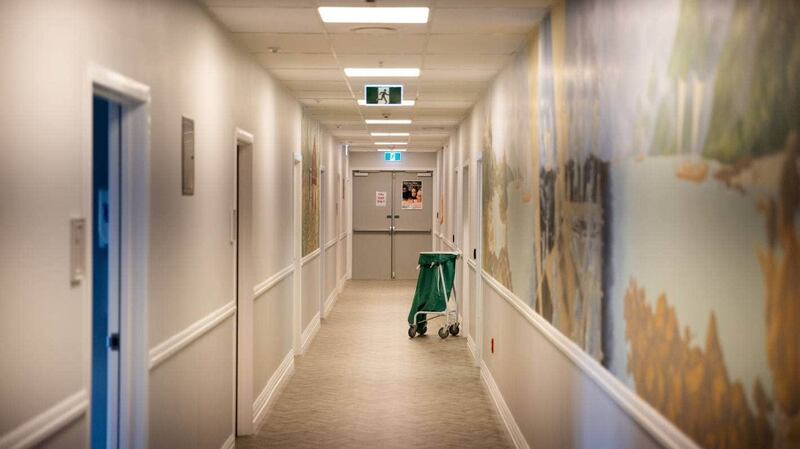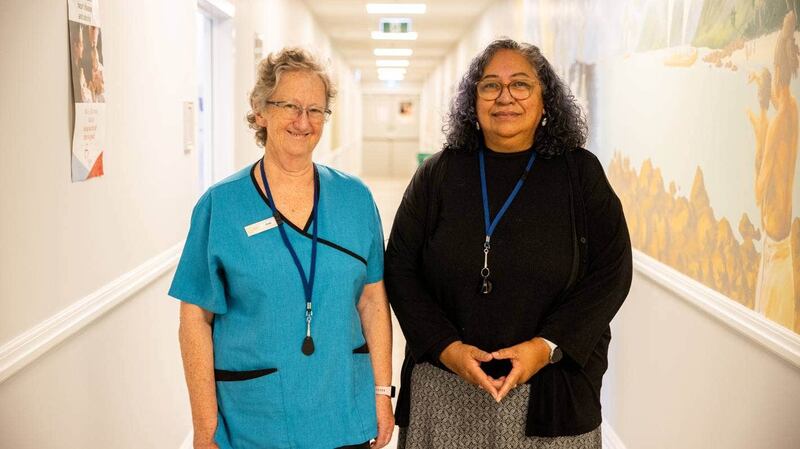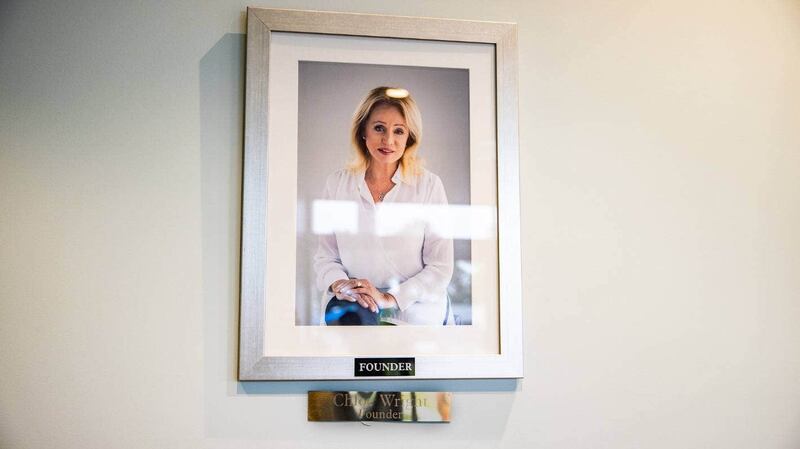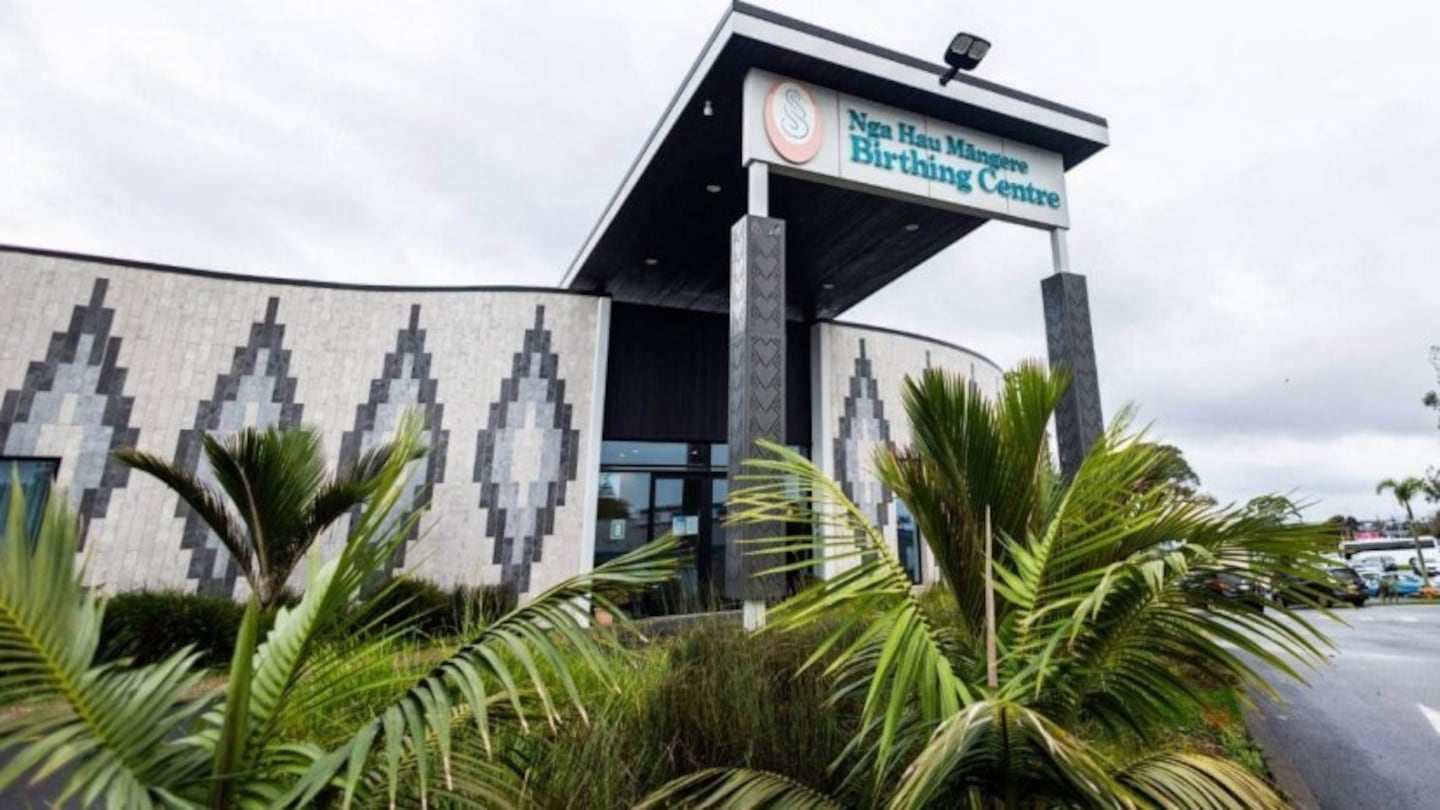The Ngā Hau Māngere birthing centre in south Auckland is at risk of closing. Photo / Ricky Wilson / Stuff
A south Auckland birthing centre that offers pregnant people a free alternative to hospital care risks closure due to lack of funds.
Until now, Ngā Hau Māngere birthing centre has been bankrolled by the Wright Family Foundation, and receives no government money.
More than 800 babies have been born there since it opened in 2019, and 300-500 wāhine pass through the centre a month for parenting advice and lactation classes.
But it's a enormous expense, and Ngā Hau Māngere Birthing Centre chief executive Chloe Wright said, having built the facility, the foundation wanted Te Whatu Ora to pick up the contract.
After it opened, Wright enlisted a Pasifika consultancy to help convince Te Whatu Ora’s predecessor, Manukau District Health Board, to fund it. The health board declined, saying it already had three birthing units.
So she sent the health board an invoice – for $170,000. The board did not pay.
Wright had set the end of June as a date for the closure, if an agreement with Te Whatu Ora to take over the lease of the facility could not be reached.
The date has since been postponed, because Te Whatu Ora hasn’t been able to consult with clinicians, Wright said. But closure remains on the table.
A Te Whatu Ora spokesperson said the agency was not aware the birthing unit was to close.

Only seven of the 20 rooms at the centre have ever been in use, due to a lack of funding. Photo / Ricky Wilson / Stuff
In response to enquiries about why Te Whatu Ora isn’t picking up the contract for Ngā Hau Māngere, a spokesperson noted that it already has primary birthing units in Botany, Papakura and Pukekohe, as well as a secondary care unit at Middlemore Hospital.
“Within these four units we have the capacity to meet the needs of our mothers and babies.”
Those who are deemed to have a low chance of complications, and have a midwife with an access agreement at Ngā Hau Māngere, can give birth for free at the centre and stay for two nights afterwards.
But, Tish Taihia, Ngā Hau Māngere Birthing Centre clinical midwife manager, said only seven of the 20 rooms at the centre have ever been in use, due to a lack of funds.
The centre could help many more people, if only it had the money to do it, Taihia said.
After a brief experience at Middlemore – “You give birth and then they give you the boot, because the next lady is waiting” – Sera Talakai had hoped to give birth to her third child at Ngā Hau Māngere.
“When I saw it being erected, I thought, ‘Great – so close to home.’ But my midwife advised me that we should have the birth at Middlemore, as the birthing centre hadn’t managed to get a contract with the DHB.”

Ngā Hau Māngere Birthing Centre clinical midwife manager Tish Taihia,seen here with lactation consultant Joan Miller, left, was hopeful a funding resolution would be found. Photo / Ricky Wilson / Stuff
Centre founder Wright said she would be “devastated” if the centre had to close.
She said she felt “frustration and quiet anger that in these last years, women’s birthing, post-birth care and mental wellness has not had any meaningful consideration in our country”.
Taihia remained more hopeful a resolution would come about for the centre, which serves some of Auckland’s poorest whānau.
“It would take away an option [if the centre closed], which is very sad, because what you are left with is a very broken system at the moment, that is not giving accessibility to those vulnerable communities.”
While 40% of patients are from the Māngere area, 43% travel from Manurewa and Papatoetoe – 52% of clients were Pasifika, and 23% Māori.
“It’s accessible, it's in their community, and you have people that look like them.”
Hāpai te Hauor National SUDI Prevention Co-ordination Service's Fay Selby-Law was “shocked” a closure was being considered.
Maternal and child wellbeing should be a top priority, she said.

The centre is backed by the Wright Family Foundation, and receives no funding from the government. Photo / Ricky Wilson / Stuff
Selby-Law said South Auckland had the highest number of sudden unexpected death in infancy across Aotearoa and while other populations had reduced their SUDI numbers Māori and Pasifika continued to experience these deaths at an inequitable number.
The New Zealand College of Midwives agreed the potential closure of the centre was concerning.
“Removing such an important community service would further increase inequities and create barriers to access and availability of primary birthing to a community.”


